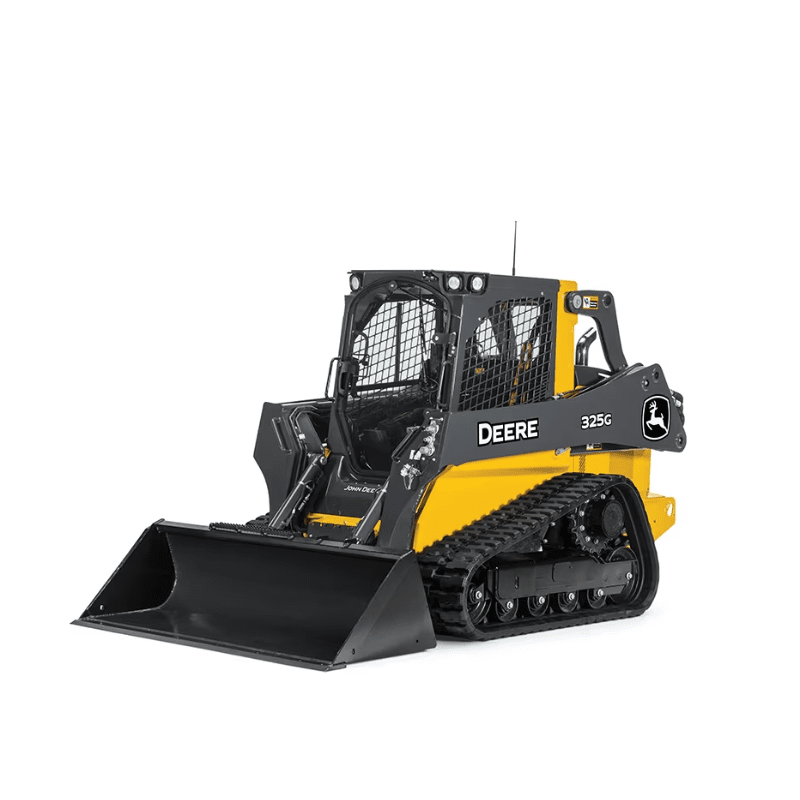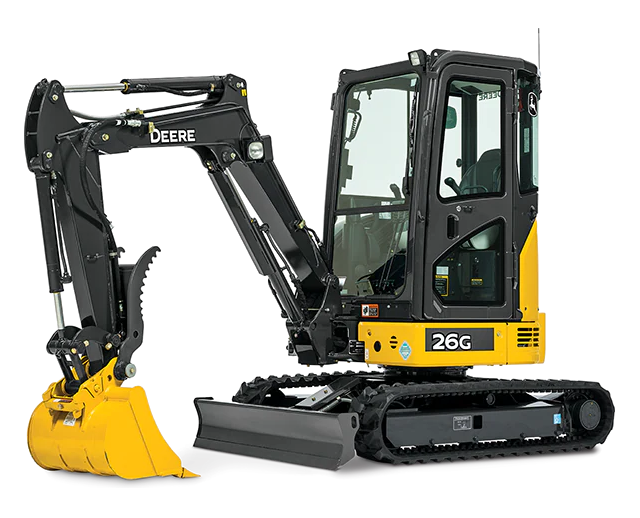Heavy Equipment Rental: Big Equipment for Any Construction Job
Heavy Equipment Rental: Big Equipment for Any Construction Job
Blog Article
Optimize Your Budget Plan by Recognizing the Expenses Linked With Construction Tools Rentals
Comprehending the full extent of expenses related to building and construction equipment rentals is critical for optimizing your budget plan. While the first rental fee may appear straightforward, various added expenses-- such as transportation, gas additional charges, and maintenance-- can rapidly gather, influencing your financial planning. Being mindful of numerous charges and the intricacies of rental arrangements can aid stay clear of unanticipated economic burdens. What techniques can be employed to successfully handle these costs and guarantee a much more effective rental experience?
Summary of Rental Expenses
When considering building tools rentals, understanding the connected prices is paramount for efficient budgeting and task planning. Rental costs can differ considerably based upon a number of aspects, including equipment kind, period of leasing, and place. The preliminary rental charge typically mirrors the equipment's market need and its connected functional capabilities, influencing the overall expenditure.
In enhancement to the base rental rate, ancillary expenses may develop, such as transport costs, gas surcharges, and upkeep charges. It is essential to account for these extra costs to accurately analyze the overall expense of leasing devices. The rental period can affect prices; longer services might certify for affordable rates, while short-term services could sustain higher daily charges.

Malfunction of Rental Prices
A detailed understanding of rental prices is crucial for professionals and project managers intending to enhance their spending plans. Rental rates for building equipment usually contain numerous elements, consisting of base prices, time-based fees, and usage costs.
Base prices are the core costs related to the rental of the tools, usually figured out by the kind and dimension of the equipment. These prices can vary considerably, affected by elements such as tools demand, schedule, and regional market fads. Time-based fees, which may be daily, weekly, or monthly, offer to accommodate different task timelines and rental durations.
In addition, rental prices might include use fees, which apply when tools is utilized beyond a specified limit, guaranteeing that the rental company can make up deterioration. Seasonal demand fluctuations can likewise affect rental rates, with peak building seasons normally commanding higher rates.
Additionally, comprehending the rental business's policies pertaining to maintenance and insurance policy can provide further insight into the total cost framework. By examining these elements, contractors can make enlightened choices, making certain the choice of rental devices aligns with both task requirements and spending plan restraints.
Extra Fees to Think About
Comprehending the details of extra costs is essential for contractors to handle their general service expenditures successfully. Beyond the basic rental rates, different auxiliary costs can substantially useful source impact the total expense of devices service. These fees usually consist of delivery and pickup costs, which can differ based upon distance and logistics entailed in carrying the tools to and from the job website.
Additionally, some rental companies might enforce fuel surcharges if the devices is returned with less gas than when rented out. It is also vital to know prospective cleansing costs, especially for customized equipment that needs extensive maintenance after usage.

Extensively evaluating the rental arrangement and clarifying these additional costs ahead of time can assist contractors avoid unanticipated costs and ensure that budgets stay undamaged throughout the project lifecycle.
Repair And Maintenance Costs
Normal maintenance and repair service expenses are typically ignored aspects that can dramatically influence the overall expense of construction equipment leasings. When renting devices, it is crucial to think about not only the rental charges yet also the possible prices connected with maintaining the equipment in optimal operating problem.
Several rental companies include basic upkeep as component of the rental contract; nonetheless, more unforeseen break downs or comprehensive fixings can result in added costs. It's important to assess the rental contract thoroughly to understand what upkeep solutions are covered and what obligations drop on the renter.
In addition, devices that is not well-kept can result in ineffectiveness on duty website, potentially raising and creating hold-ups job expenses. To alleviate these threats, it is advisable to carry out normal evaluations and keep open communication with the rental copyright regarding any kind of concerns that arise throughout use.
Insurance Policy and Obligation Prices
Insurance policy and responsibility expenses are critical components that can considerably influence the total expenditure of construction equipment link leasings (forklift rental). These costs ensure that both the rental company and the client are shielded from potential financial losses occurring from crashes, damages, or burglary throughout the rental duration

Additionally, customers must understand any type of deductibles or exemptions in the insurance coverage, as these can impact possible out-of-pocket costs. Comprehending the terms and problems of any type of insurance policy coverage is important to prevent unanticipated costs. Inevitably, budgeting for insurance and liability expenditures can aid ensure a smoother rental experience and safeguard against financial risks connected with building and construction tasks.
Conclusion
In conclusion, a detailed understanding of the prices linked with building tools you can check here services is essential for effective budget administration. Eventually, educated decision-making pertaining to equipment leasings contributes to the total success of building endeavors.
Rental prices can vary dramatically based on numerous elements, including devices kind, period of rental, and area (rental company near me). The rental period can impact rates; longer leasings may qualify for discounted rates, while short-term leasings may incur higher everyday costs
By conducting complete research study and involving with reputable rental business, service providers can properly navigate the intricacies of rental rates, eventually maximizing their economic sources.
Beyond the typical rental prices, various supplemental fees can substantially affect the total expense of tools service. Rental business usually offer responsibility insurance that covers injuries to third events or damage to residential or commercial property, while tools damages insurance policy can cover the price of fixings or replacement if the rented out tools is damaged.
Report this page